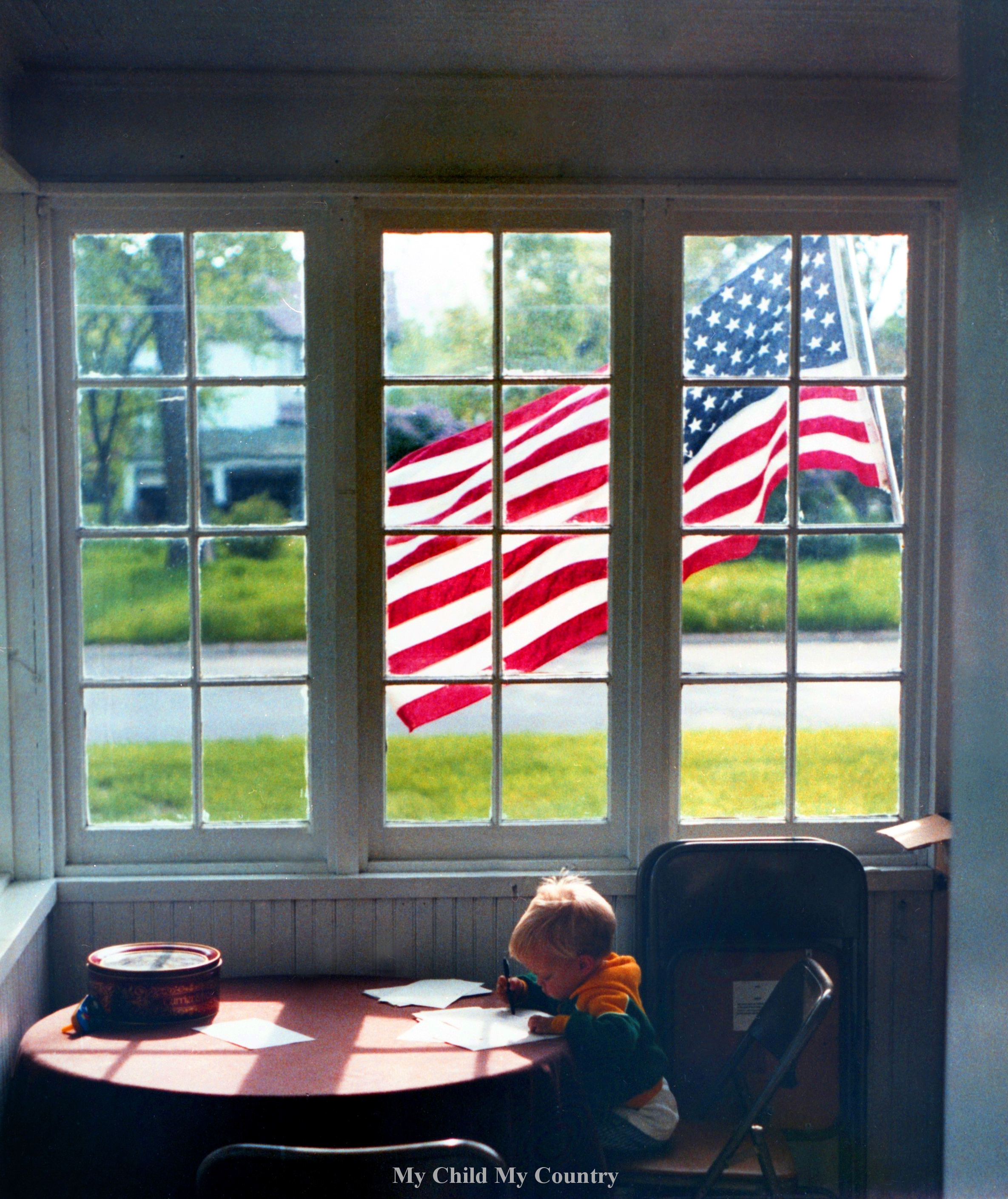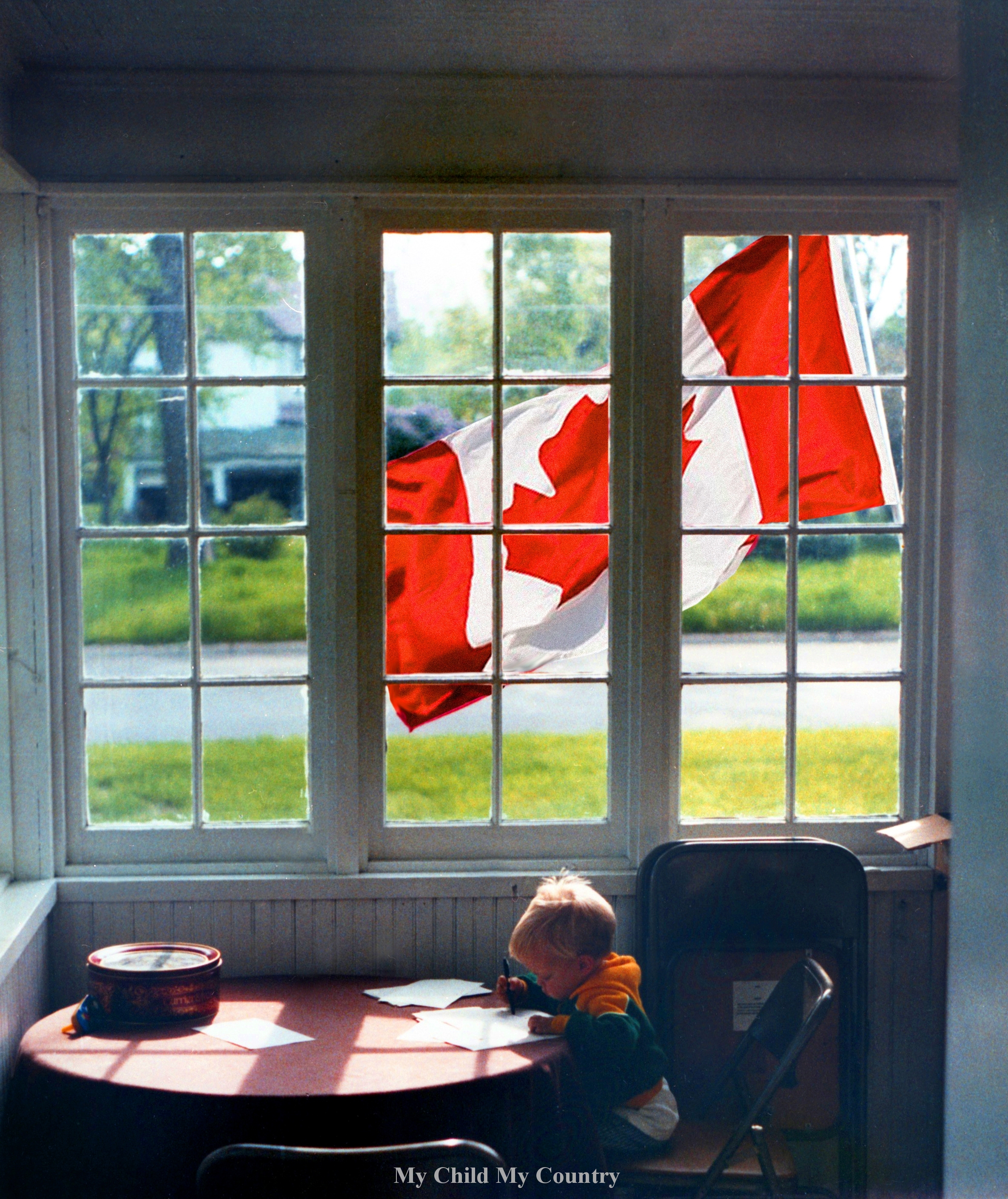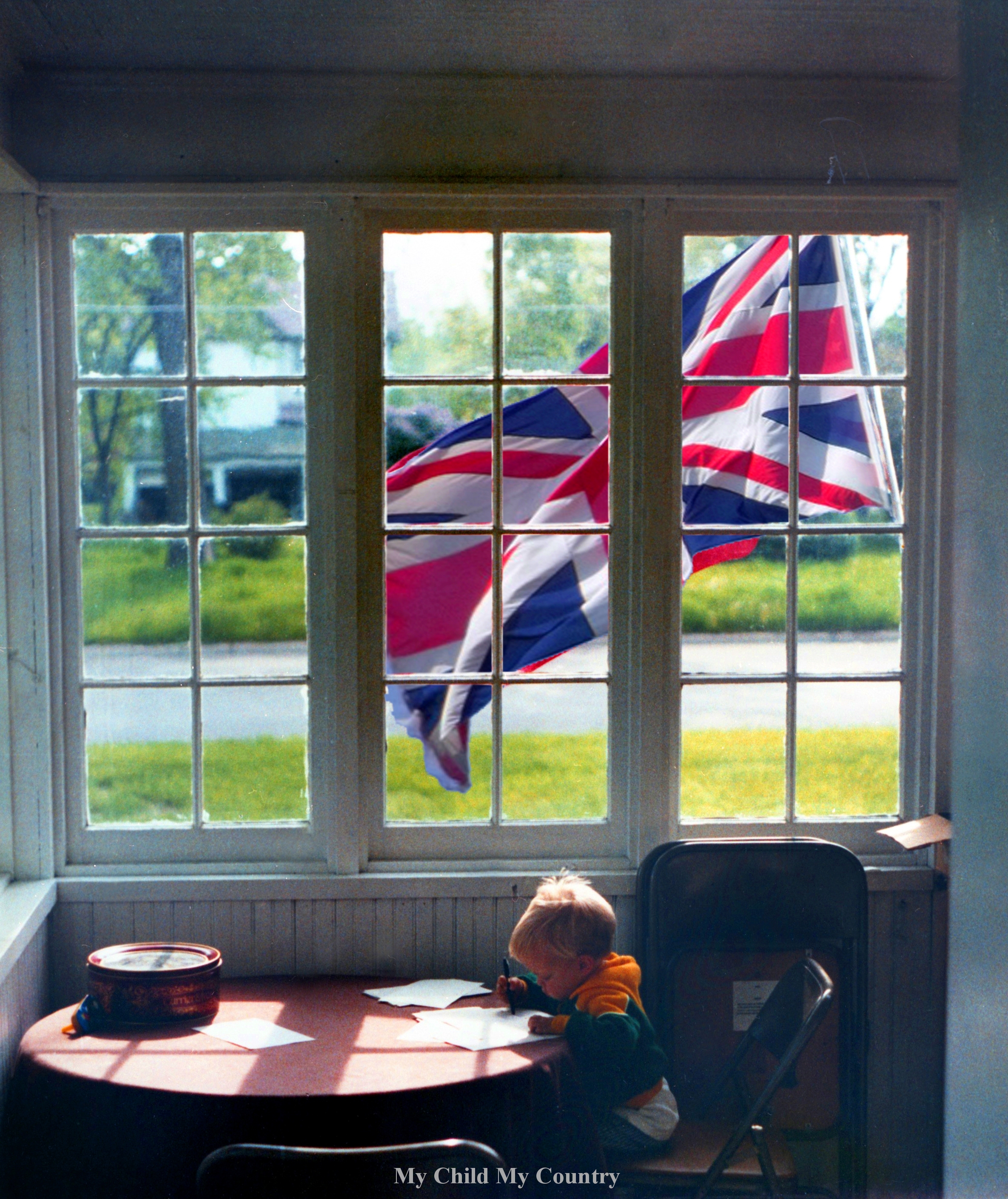Our twenty year dream has begun. Today we closed up the house in the middle of January, stopped the mail, stopped the paper, bummed a ride to the airport via good neighbor, and left for sunny, warm Mexico. My wife, Ann, retired from teaching for 40 years, and I left on the local airline for Zihuatanejo, Mexico, a four hour flight. We had an air bnb reservation bungalow on the beach facing the Pacific. Within an hour of landing we had our rental car, a French Peugeot and made our way to our bungalow on the beach. We were in rural Mexico for the month and off the grid. No TV, no internet, and no phone. The Pacific at high tide sometimes sounded like thunder as the waves ran across the ocean and crashed on shore two hundred yards from our hovel. Soon we met our hosts and owners, Abel and Alicia, plus their son Daeher and his wife Lili. Though we were in a remote area, we still had a few luxuries, air conditioning and a nice swimming pool a few steps out the door. We had two guard dogs, a boxer named Tyson and a mutt that looks like a white deer, named Palama. Our hosts found Palama 6 months ago tangled in barbed wire and near death. She has many scars to show for her bad luck but is at home now as Tyson’s best buddy. The property has a security fence around it. It’s to mark the property boundaries, and secure the dogs and chickens. Behind the compound is a lagoon with birds, iguanas, and crocodiles. Tyson, the boxer was with the hosts one day while they were looking for coconuts near the lagoon. Tyson ran up to what looked like a log, but the log moved and snapped at Tyson. The three meter (20 feet) croc creased the top of Tyson’s head. He survived and has a knot on top of his head rather than no head. Ronnie Rooster wakes us about 4 AM. I named him because he is young and is just learning to crow. He starts out like the others but the last part is more of a gurgle.
We felt safe, even though at the time the area was listed as a Level 4, or do not travel zone, by the U. S. State Department. We had the Mexican army a few hundred yards up the road, armed to the teeth. While walking by, I asked them if they were Army. They said yes and I said me too, veteran. They waved me over. One could speak English, so we chatted. They were in their 20’s and wanted to talk about the U.S. Army. It was 85 degrees and they were in flak jackets and black uniforms with automatic weapons ready for action. Their personnel carrier was manned on top with a 50 caliber machine gun. After a 10 minute chat, we saluted each other and we ambled back to our bungalow.
Though we bought some groceries and beer at the supermarket in town, we usually had dinner down the beach at one of the dozen or so family restaurants. We walked down the beach a few hundred yards and enjoyed our first meal on the beach at Alfonzo’s. While watching Humpback whales (ballenas) (birthing and breeding season) swim past a couple hundred yards off the beach, feet in the sand, sun sinking into the Pacific, we ordered guacamole, ceviche, and a number of beers (cervezas). The bill (la cuenta) was $10. After trying a number of other family restaurants, all within walking distance, we returned to Alfonzo’s because it was the best. Later, as we approached his restaurant on the beach, before we sat down, he delivered chips, salsa, and a bucket of cervezas in ice to our favorite table looking west at the Pacific.
The next afternoon, a local lady came by our compound with a bucket of fresh caught fish. We bought 5 small fish for $1. Our host cooked them and served them with cucumbers, rice, onions, and limes. Yummy!
One of the mornings, our hosts took us to town to their favorite restaurant for breakfast. It’s a local spot, called Margarita’s that opens at 6 am and closes at 2 pm. The restaurant had WiFi, but the menu was in Spanish. I ordered my hosts favorite, pasta base with rice, black beans, salsa, sunny side eggs on top, with green and red mole sauce over the top, bacon, warm Mexican bread, fresh squeezed mango papaya juice, and strong coffee. One week in, we made contact with Minnesota and our family via WiFi.
Our waiter, Carlos, spoke English. He asked, “where are you from?” We said Minnesota. His eyes got big as he said, “ Minnesota Vikings! My favorite team!” Mexico watches lots of American football. The next time we saw him he was very sad and had his hands on his face like he was making tears because Philadelphia had just pummeled the Vikings.
Our hosts loved the game of Dominos. We learned to play and then, almost every evening, played. We learned Spanish and they learned English. We enjoyed dominos so much that I bought a hand carved mahogany set at the market.
Our beach is called Playa Larga, or Long Beach. There is no protective bay and the pounding Pacific has dangerous rip tides. Red flags flew the whole time we were there. No swimming. Playa Larga is 10 miles long and has a couple of small hotels and a few condo complexes, but few people. Other than Domingo (Sunday) we could walk miles and see few people. Sunday is family day and the locals make a day at the beach a family get together. Infant to Grandma enjoy the beach. Sometimes we would walk down the beach and be the only foreigners at the restaurant. That’s when the fun began. Little English is spoken in this area, so we would use our bumbling Spanish and lots of sign language to communicate. Ann said, “There is no whining from the kids and everyone is happy. We could learn from them”. The Mexicans are gentle family orientated and religious people. We love the Hispanics.
Multiple times a day, dozens of horses are driven down the beach for exercise or to accommodate tourists that want to ride horses on the beach. At times one needs to step gingerly to avoid the horse manure. We looked at it as part of being away from the tourist area and part of the unique remote lifestyle we were experiencing. Usually our two mile daily walk on Playa Largo was uneventful other than the Humpbacks swimming 100 yards out or horses galloping along the beach. One of the 90 degree days, we returned to our bungalow hot and sweaty and jumped in the pool. Ann felt something sting her on her thigh. I came over and scooped a Yellow scorpion from the pool. We told our hosts. We were rushed to town in the host’s car on onion skin tires and entered a clinic with 50 people waiting. Our host found a relative that runs the clinic. Ann was brought to the doctor immediately. An IV was inserted and a half hour of antidote was administered. Some people react to scorpion stings like bee stings. It can be fatal. The Yellow scorpion is the most toxic. Ann didn’t react, but the burning in her thigh lasted for days.
Ixtapa is the sister city of Zihuatanejo. Ixtapa, like Cancun, was built for tourists and has many fine hotels, beaches, restaurants, and condos. North of Ixtapa is the crocodile sanctuary. We visited the 50 or so crocs living there. We didn’t see this but our host told us that once a day a man wades into the waters and feeds the 40 or so crocs by hand. He even has names for them. They only come when called. Jose, Jorje, and Manuel, come and get a chicken, fed by hand.
We visited a beach in Zihuatanejo called Playa Ropa, one we had visited years before. It was crowded but still had great personality. On the beach, we each had an hour long massage, 200 pesos or $10 each. After a walk on the beach and a dip in the ocean, we had lunch, a whole fish (pescada), potatoes, tomatoes, and a couple of beers (cervezas). Our bill was $12. One could live on social security very comfortable in Central America. We met many expats, Americans and Canadians living in Mexico, because it is very affordable, lots of sunshine, and the national health insurance covers all and is excellent. We have been in Mexico many times and one thing is true. Most Americans know little about Mexico or Hispanics. News from border towns like Tijuana, Juarez, and Matamoros that lie on the border with the United States are crossing points for many and the cities are generally war zones for the drug cartels. The real Mexico is within.
Thirty days of sun, palm trees, and great food was enough for now. We are not expats, but loyal tourists of Mexico and other Hispanic countries. We’ll be back somewhere near the ocean and palm trees.





It’s the best time to make some plans for the future
and it is time to be happy. I have read this post
and if I could I desire to suggest you some interesting things or advice.
Perhaps you can write next articles referring to this article.
I desire to read even more things about
it!
This post is genuinely a fastidious one it assists new the web users, who are wishing in favor
of blogging.